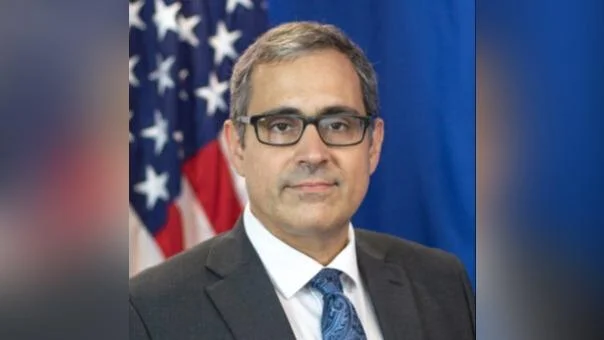The U.S. Department of State has reissued a Level 4 travel advisory for Libya, advising against travel to the country due to various safety concerns. The advisory highlights the risks associated with crime, terrorism, unexploded landmines, civil unrest, kidnapping, and armed conflict.
"The U.S. government has limited ability to provide emergency or routine assistance to U.S. citizens in Libya," as operations at the U.S. Embassy in Tripoli have been suspended since July 2014.
Libya remains a high-risk area for crime, including kidnapping for ransom, which has affected U.S. citizens in the past. "Terrorist attacks could occur with little or no warning," potentially targeting public spaces such as tourist locations and transportation hubs.
Travelers are cautioned about unexploded landmines and other munitions throughout Libya. It is advised to avoid areas marked with red and white tape and not to touch anything resembling unexploded ordnance.
Violence between competing armed groups can arise unexpectedly, impacting areas like Tripoli and other cities such as Surman and Benghazi. Demonstrations can also escalate into violence quickly.
Armed groups may detain travelers without providing access to legal processes or allowing detainees to inform others of their status. Carrying proof of citizenship is recommended but does not guarantee fair treatment.
Although there are operational international airports in Libya, flights may face delays or cancellations without prior notice. "The U.S. government prohibits U.S. commercial aviation operations within Libyan airspace."
For those currently in Libya needing consular services, contact should be made with the U.S. Embassy in Tunis, Tunisia. "U.S. citizens who are in Libya are urged to depart as soon as possible via commercial means if possible."
The Department of State will continue providing updates through various channels including its Smart Traveler Enrollment Program (STEP) and social media platforms.
For further information on travel precautions and safety measures when traveling to high-risk areas like Libya, individuals are encouraged to visit relevant websites provided by the Department of State.

